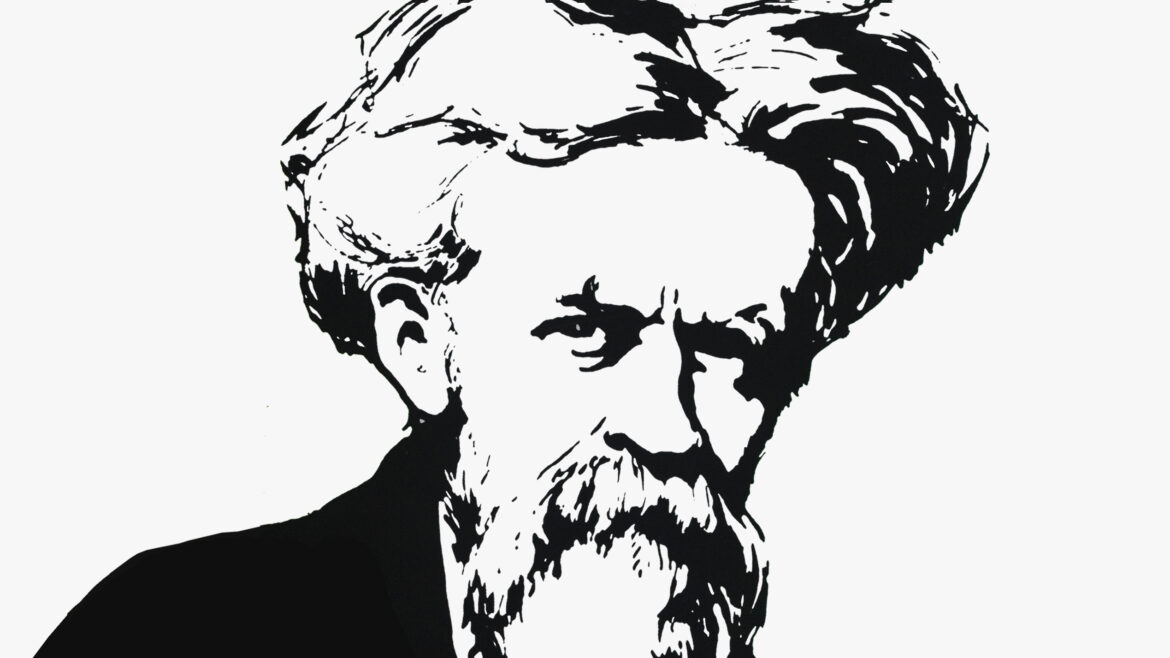01. Architecture, City, and Landscape as a Total Environment I conclude this series of three articles focused on place, architecture and urban planning. While in The Place of Architecture The Architecture of Place – Part I: The Identity of Places I discussed the concept of place identity, proposing that the identity of a place should be understood in holistic and…




